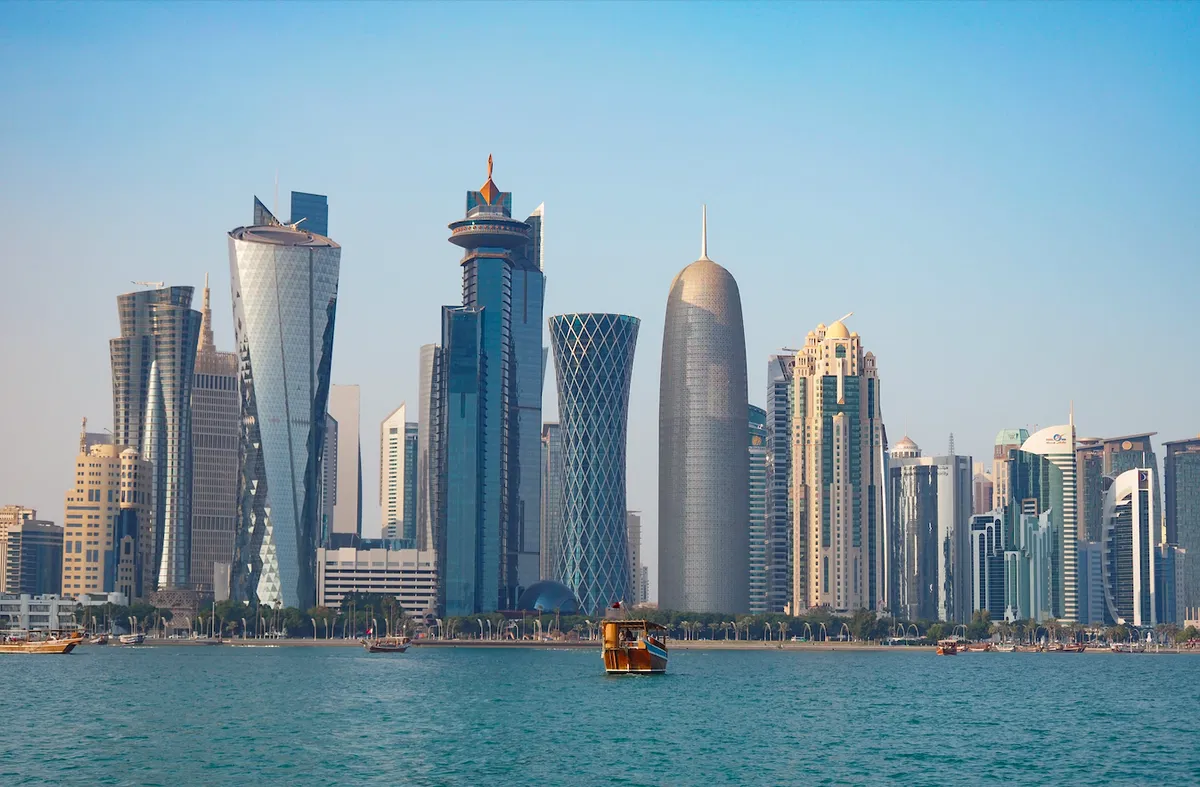By Molly Grace
Copyright euroweeklynews

On September 9, Israel carried out a targeted airstrike in Doha, Qatar, aimed at senior leaders of Hamas who were reportedly involved in ceasefire negotiations. The operation marked a dramatic escalation in the conflict, extending Israeli military action far beyond Gaza and directly into a country acting as a mediator in ongoing diplomatic efforts.
The strike was precise and focused, targeting senior Hamas figures, including Khalil al-Hayya, a prominent negotiator within the organisation. Al-Hayya has played a key role in mediating ceasefire talks and maintains extensive regional connections, including with Iran and Syria. Alongside him, other high-ranking members of Hamas leadership were also reportedly in the vicinity of the attack, highlighting the level of intelligence coordination that preceded the operation.
Eyewitnesses in Doha described multiple explosions and saw thick black smoke rising from the Legtifya district, where the Hamas leadership maintained a residential compound under the protection of Qatar’s emiri security forces. The attack immediately caused alarm among diplomats and observers, as personnel involved in negotiations were put at risk, and months of painstaking diplomatic work faced sudden disruption.
The Qatari government condemned the airstrike as a “cowardly” act and a clear violation of international law. Officials emphasised that Qatar has consistently acted as a neutral mediator and expressed serious concern that the operation could undermine the fragile diplomatic channels that have been working toward reducing tensions in Gaza. The strike heightened fears that regional tensions could escalate, potentially drawing in other Middle Eastern powers.
The United Nations also weighed in, with the Secretary-General condemning the strike and underlining the importance of respecting the sovereignty of countries that facilitate mediation. International observers warned that the operation could have repercussions for future ceasefire negotiations, as the safety of mediators and negotiators became a critical concern.
The broader implications of the strike extend beyond the immediate physical threat. Analysts suggest that targeting Hamas leadership in Doha introduces strategic risks, as it may harden positions, provoke retaliatory measures, and complicate the delicate balance of diplomatic efforts in the region. Humanitarian corridors and temporary ceasefires in Gaza may be undermined, and the attack could ripple across neighbouring countries, influencing both political and security dynamics.
As the situation unfolds, global leaders are monitoring developments closely, urging restraint, dialogue, and careful management of regional tensions. The airstrike serves as a stark reminder of the high stakes in Middle Eastern diplomacy, where military objectives and international mediation efforts intersect in a volatile and unpredictable environment.



